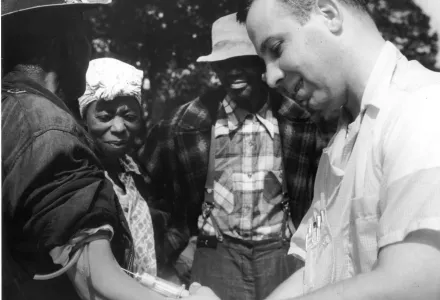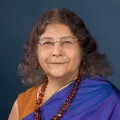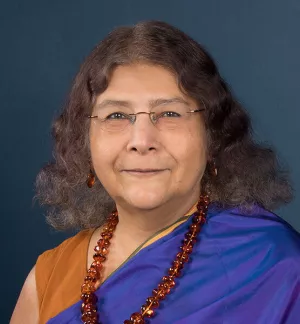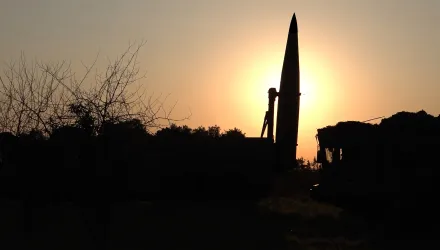
Cross-Check Blog
Q&A with Sheila Jasanoff
A while back my school, Stevens Institute of Technology, created a new major called science and technology studies, or STS. It seemed a little amorphous, but I felt an affinity for it. Also, I’ve liked pretty much every STS scholar I’ve met. They are a diverse bunch, both in personality and interests, but they all grapple with compelling issues, ranging from allergies and pharmaceuticals to marine biology and nuclear weapons (and that's just at Stevens). One of the most impressive STS scholars I've met is a pioneer of the field, Sheila Jasanoff. Born and raised in India (Jasanoff is her husband’s name), she ended up at Harvard, where she earned a bachelor’s in mathematics, law degree and doctorate in linguistics. After founding an STS program at Cornell, she returned to Harvard to create its STS program, which she oversees. Jasanoff is an imposing woman, a force of nature wrapped in a sari. She has thought especially hard--and written many articles and books--about the role of science and technology in a democracy. The time seems right to ask her a few questions. – John Horgan
Horgan: I’m associated, sort of, with Science and Technology Studies, or STS, at Stevens, but I have a hard time telling students exactly what STS is. How do you, an STS pioneer, define it?
Jasanoff: Quite simply, STS is the field that explores what it means to live in a world powerfully shaped by science and technology. STS brings together two broad currents of research. One looks at science and technology as social institutions. How do they work and what makes them special? That, in turn, opens up many more focused questions: how do scientists and technologists discover facts and apply them; how do they decide what counts as good work; what is creativity; how do technical disputes end; how do new ideas replace old ones; and how do new scientific fields come into being? The second stream of research looks outward at the relations between science, technology and society. STS tries to understand the relationships between practices within the sciences and the interaction of discovery and invention with other aspects of society. Here again there are many nested questions about politics and power: who regulates research and on what basis; who assesses risk; who is responsible for harms arising from technology; why do some scientific controversies persist; and why do societies disagree about the uses of science and technology?...
Horgan, John. “We Should All Be Science Critics.” Scientific American, August 5, 2019
The full text of this publication is available via Scientific American.




